




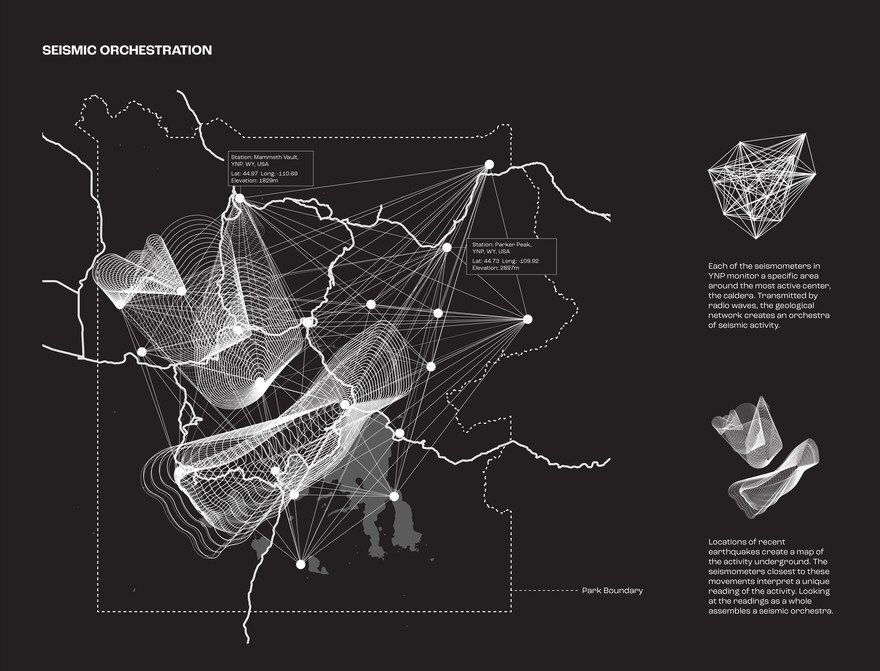

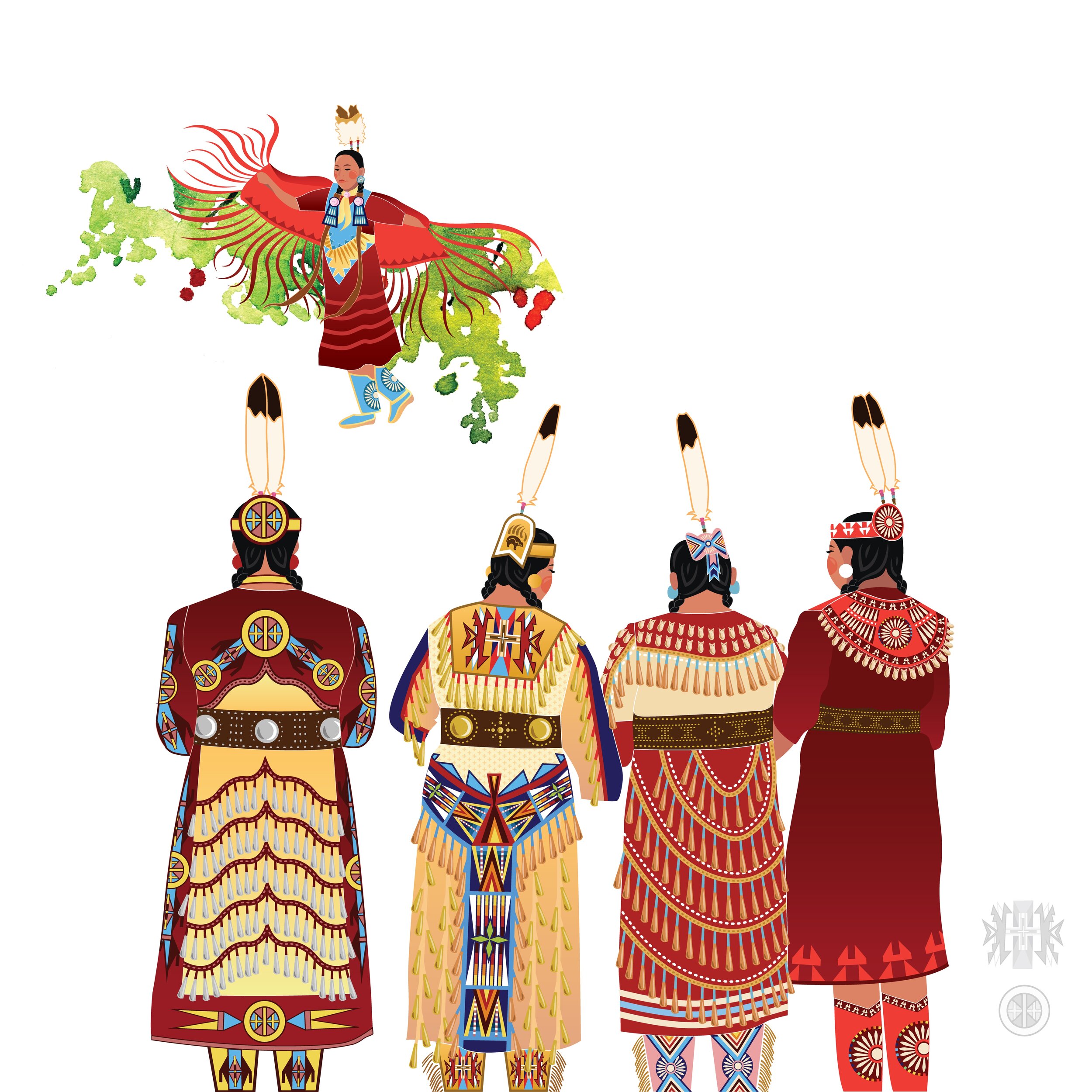
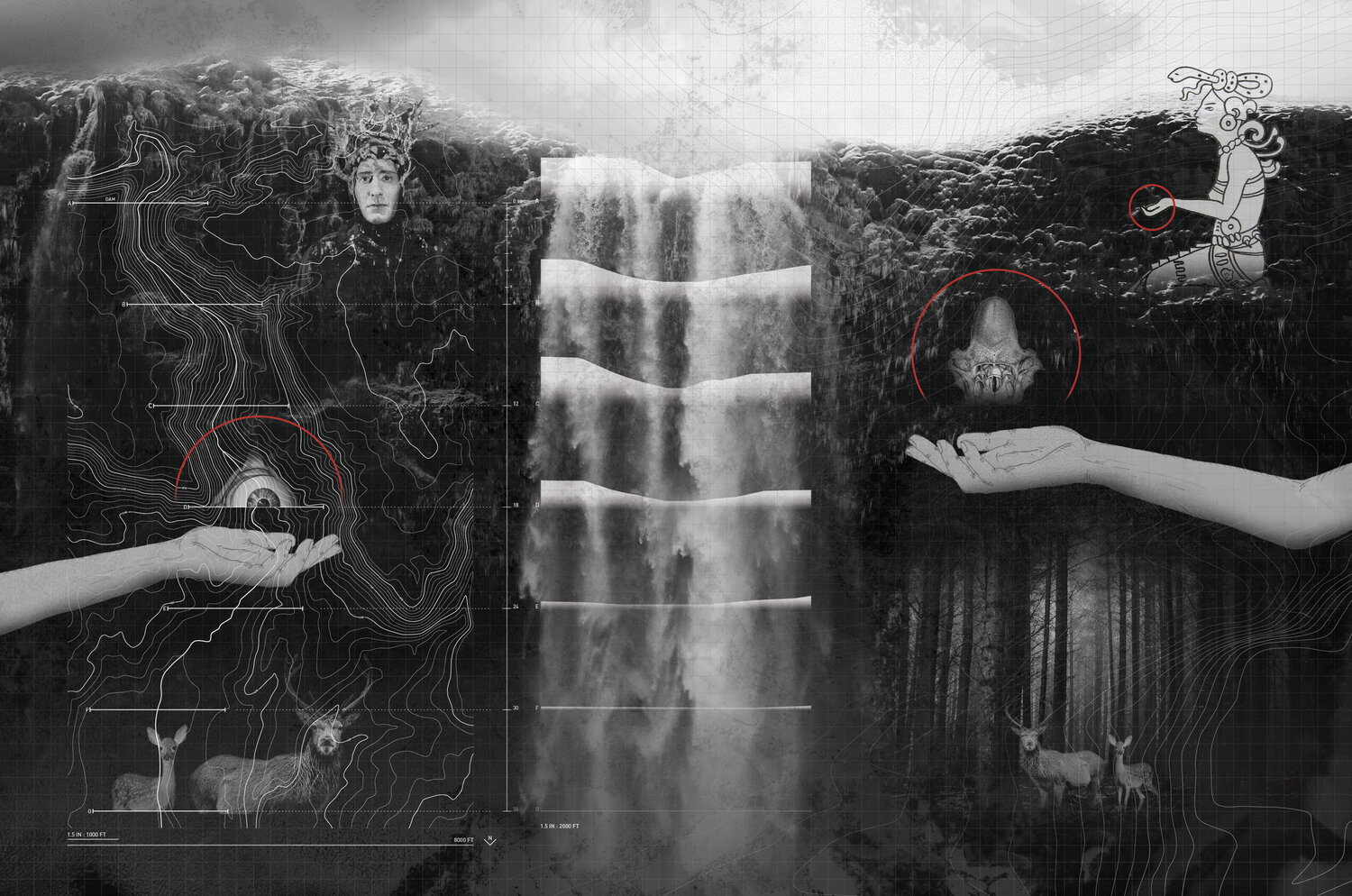
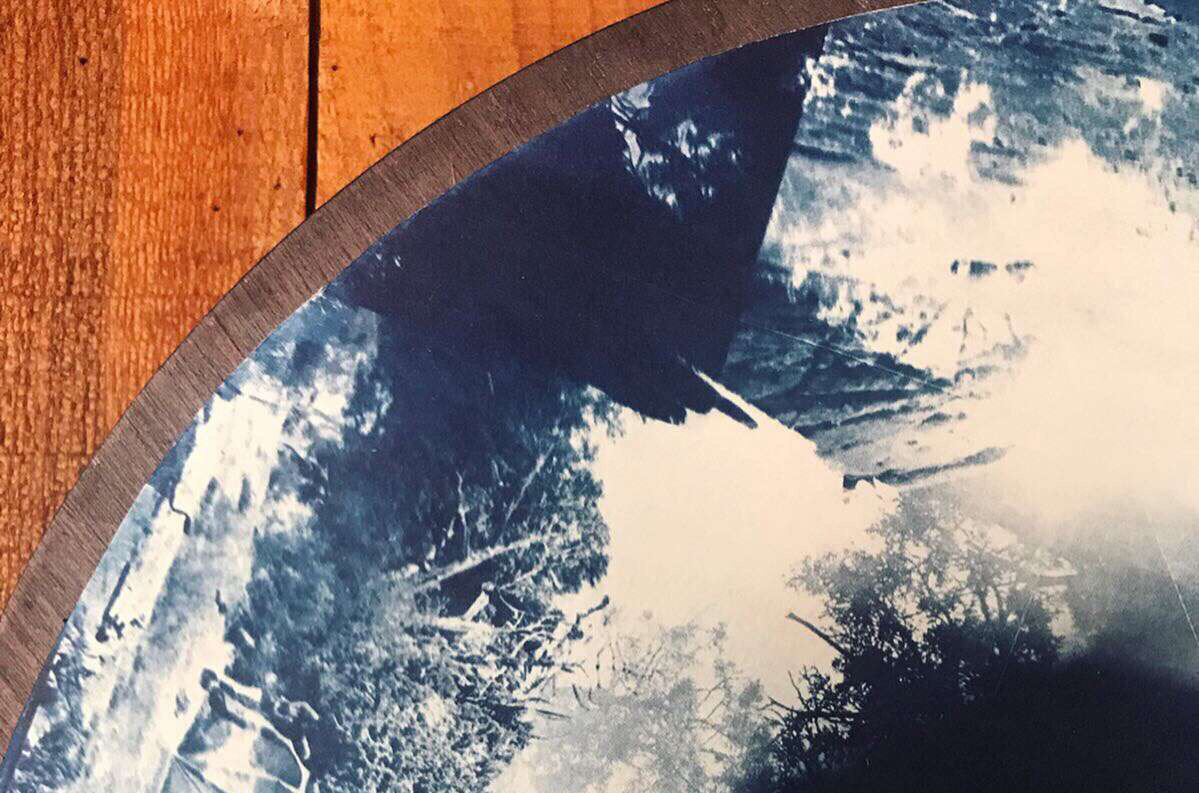
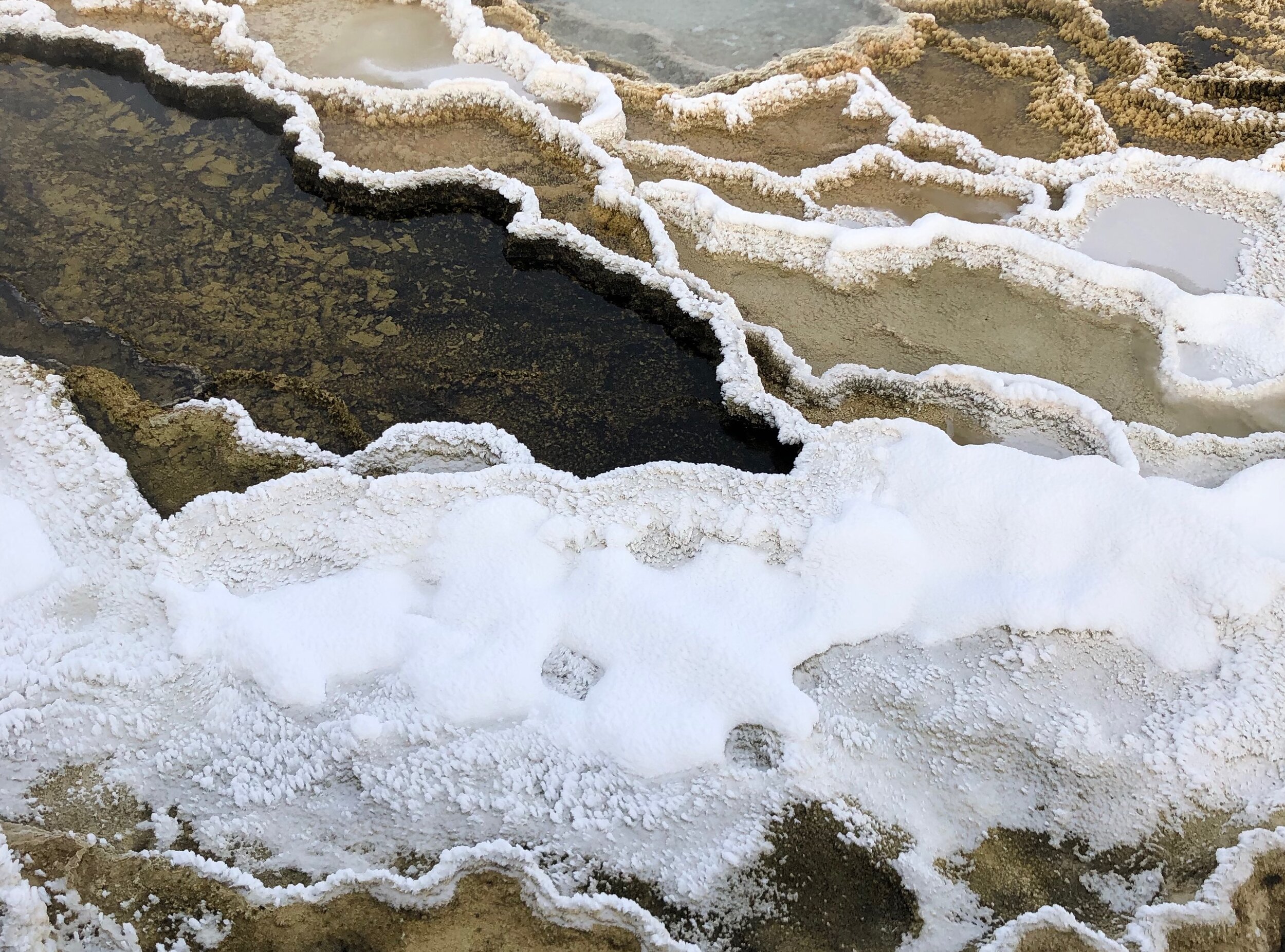


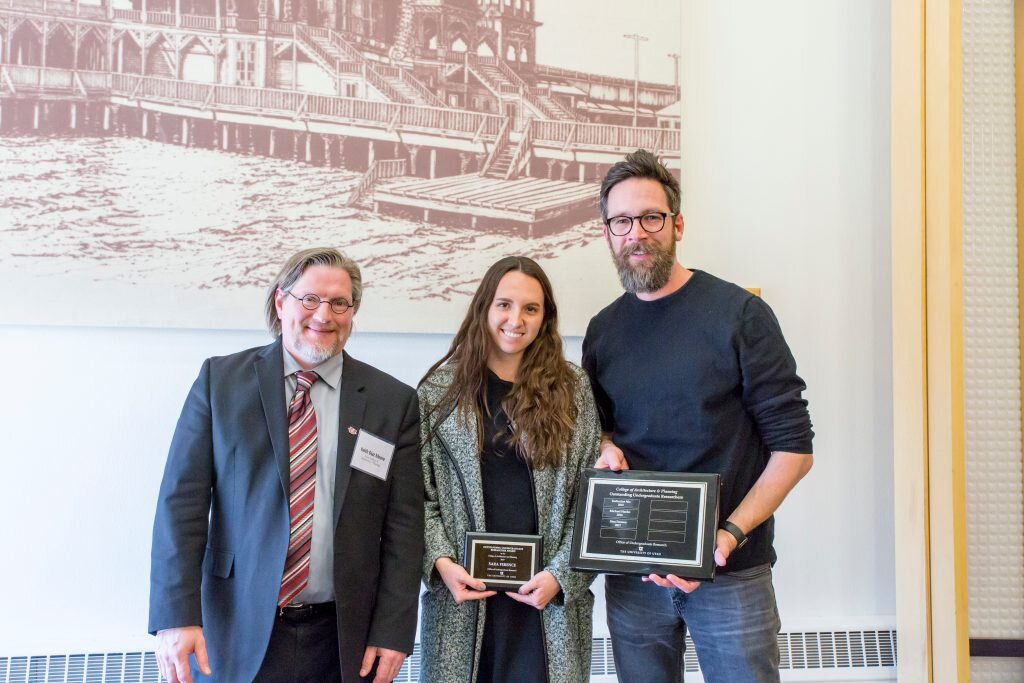

In partnership with the Center for Business, Health, and Prosperity, students of the University of Utah from across disciplines attended the annual ‘Map the System’ competition, winning the Project of Excellence Award.
Global Prosperity Scholars Ashton Reeder—from our Multi-Disciplinary Design program, Aiden Bennett, Liesel Madrian, Max Schultz, and Gage Urry presented a systems research project to a panel of esteemed worldwide judges, bringing home the Project of Excellence Award for a Newcomer University.
The U’s team focused on an issue close to home: ‘The Shrinking of The Great Salt Lake.’ Using a systems-thinking approach, the students first visually mapped out all the root causes, symptoms, effects and stakeholders, following up with a written report and an oral presentation. Their research revealed that the shrinking lake exists in a positive feedback loop, drawing a direct connection from the water levels in the lake to the annual snowpack in the mountains. They also conclude that responsibility needs to shift from the everyday Utahn to the legislature and agriculture to make a change. Revealing the root causes to be outdated rules regarding water rights, improper crop choices for our desert climate, and inaction to introduce water-saving measures by our local governments.
The Map the System competition is a global competition that challenges students to use systems thinking to find a new understanding of some of the world’s most complex social and environmental issues. It is held annually by the Skoll Center for Social Entrepreneurship at the Saïd Business School at the University of Oxford. In total, 65 teams competed from universities all across the globe in the three-day competition.
Finalists in the competition covered themes including domestic violence during the COVID-19 pandemic, water access, human trafficking, sustainability challenges in agriculture, and inequity in education, focusing on diverse areas and populations including Karnataka and Assam, India, the Navajo Nation, Indonesia, and Nashville, USA.















In partnership with the Center for Business, Health, and Prosperity, students of the University of Utah from across disciplines attended the annual ‘Map the System’ competition, winning the Project of Excellence Award.
Global Prosperity Scholars Ashton Reeder—from our Multi-Disciplinary Design program, Aiden Bennett, Liesel Madrian, Max Schultz, and Gage Urry presented a systems research project to a panel of esteemed worldwide judges, bringing home the Project of Excellence Award for a Newcomer University.
The U’s team focused on an issue close to home: ‘The Shrinking of The Great Salt Lake.’ Using a systems-thinking approach, the students first visually mapped out all the root causes, symptoms, effects and stakeholders, following up with a written report and an oral presentation. Their research revealed that the shrinking lake exists in a positive feedback loop, drawing a direct connection from the water levels in the lake to the annual snowpack in the mountains. They also conclude that responsibility needs to shift from the everyday Utahn to the legislature and agriculture to make a change. Revealing the root causes to be outdated rules regarding water rights, improper crop choices for our desert climate, and inaction to introduce water-saving measures by our local governments.
The Map the System competition is a global competition that challenges students to use systems thinking to find a new understanding of some of the world’s most complex social and environmental issues. It is held annually by the Skoll Center for Social Entrepreneurship at the Saïd Business School at the University of Oxford. In total, 65 teams competed from universities all across the globe in the three-day competition.
Finalists in the competition covered themes including domestic violence during the COVID-19 pandemic, water access, human trafficking, sustainability challenges in agriculture, and inequity in education, focusing on diverse areas and populations including Karnataka and Assam, India, the Navajo Nation, Indonesia, and Nashville, USA.


